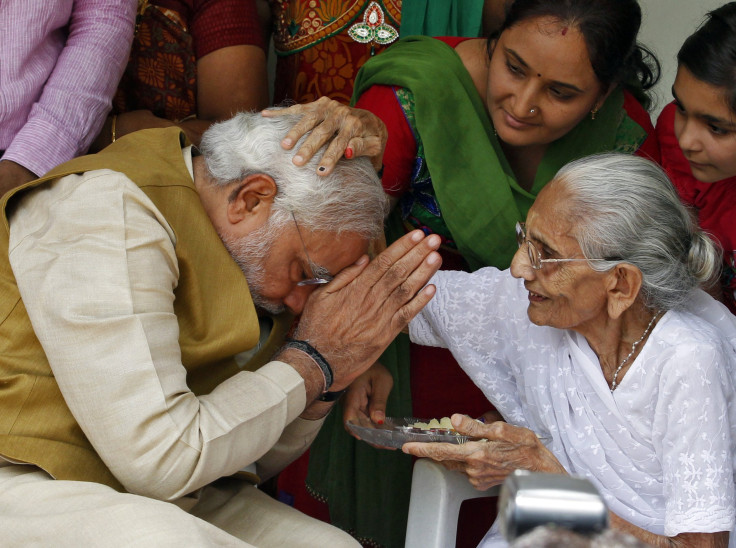Indian Election 2014: Narendra Modi's 10 Most Pressing Economic Reforms

The victory for Narendra Modi and his Bharatiya Janata Party, or BJP, in India's landmark 2014 election is yet to be formally announced but the prime minister-in-waiting already has his work cut out for him with sky-high expectations to replicate the success he has enjoyed in governing his home state of Gujarat across the country and put the nation's anemic economy back on track toward double-digit growth.
There are plenty of issues for the BJP to tackle once it takes over the federal government in New Delhi, which it is expected to with an absolute majority, but here the 10 most pressing and politically charged prospective reforms:
Banks: About 10 percent of loans in India are stressed and pose a threat to India's recovery. Modi will need to help state lenders stem the tide
Central bank: The bank's governor currently calls the monetary policy shots but reforms floated this year include establishing a committee to look after interest rates.
Insurance: Modi will seek to increase the cap on foreign investment in the insurance sector, which is currently limited to 26 percent.
Privatization: The great state sell-off awaits as Modi prepares to raise revenues and cut the deficit through asset sales. Foreign cash is already flowing back to India and Modi will probably seek to capitalize while sentiment is good.
Goods and Services Tax: India's indirect taxation reform would see state and federal taxes replaced with a uniform national tax that analysts predict could boost the economy by 2 percent. Modi will have to cut out local authorities who will loathe losing fiscal power.
Subsidies: India's fiscal deficit is weighed down by state subsidies on basic commodities, which cost the government more than 2 percent of gross domestic product in 2013-14. The BJP has pledged greater fiscal discipline.
Energy: Modi could take his heralded Gujarat electricity model nationwide, providing different power feeds for different consumers and delivering reliable supplies.
Gas prices: Locally produced gas was set to double earlier this year but regulators put the move off until after the election. The price hikes are now in the pipeline and ready to go.
Labor: It will require political nous but Modi is seeking labor law reform to promote job-intensive manufacturing for India's booming young population.
Defense: India is the world's biggest importer of arms and Modi's BJP has already called for more foreign investment in the industry to cut down imports.
© Copyright IBTimes 2024. All rights reserved.





















